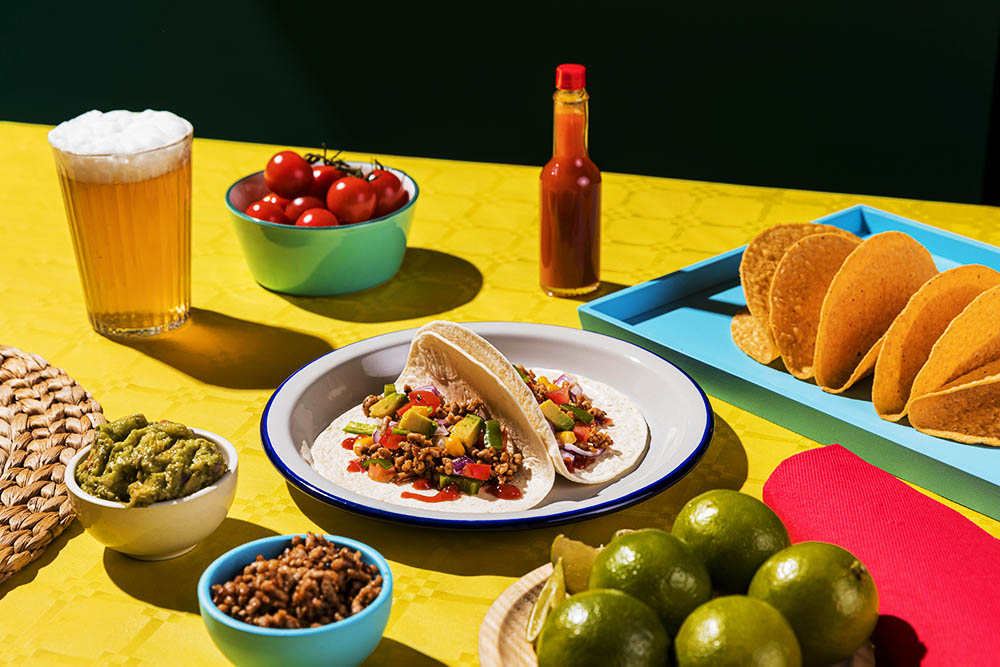Cooking is an essential activity that cannot be avoided. However, most people find it daunting, especially when it comes to budgeting both time and money. With the current economy, it’s important to note that most people are struggling financially, and this is where economical cooking comes in handy. Economical cooking involves cooking balanced meals that don’t strain your budget. With some tips and techniques, one can easily master this art and save both time and money. This article aims to provide a comprehensive guide on how to master economical cooking to save money and time.
Plan and Shop in Bulk
One of the main ways of mastering economical cooking is by planning and shopping in bulk. Planning involves deciding on a list of meals to cook for the week, including breakfast, lunch, and dinner. Once you have a list of meals, it’s important to check your pantry and fridge for items that you already have. This way, you won’t purchase items that you already have, saving you money. Additionally, planning and shopping in bulk allows you to take advantage of discounts and sales, which can be beneficial in the long run.
Buy in Season
Foods that are in season are usually cheaper and more readily available. This due to the fact that they don’t have to be imported or kept in storage for long. Buying in season, therefore, saves you money and is a crucial aspect of economical cooking. Additionally, when you buy fresh foods such as fruits and vegetables in season, you are assured of their quality and taste.
Cook Once, Eat Twice
The cook once, eat twice technique involves cooking a double batch of meals, then freezing half for later use. This technique is both time and cost-effective since it reduces the number of times you need to cook during the week, and you can always use the frozen meals when you are short on time. Additionally, this technique saves you money since you can purchase ingredients in bulk, which is usually cheaper than buying in small portions.
Make Use of Leftovers
Leftovers are a great way of saving both time and money. Instead of throwing away leftovers, you can always repurpose them into new meals. For instance, leftover chicken can be used to make chicken salad, while leftover rice can be turned into a stir-fry. Repurposing leftovers is not only cost-effective but also environmentally friendly since it reduces food waste.
Use Cheaper Cuts of Meat
Most of the time, cheaper cuts of meat are just as tasty as expensive cuts. For instance, instead of using beef tenderloin, you can use chuck roast, which is much cheaper. Cheaper cuts of meat can be slow-cooked to make them tender, flavorful, and cost-effective.
Use Staple Ingredients
Staple ingredients such as rice, beans, and potatoes are usually cheap and versatile. You can always use them to make different meals, which saves you both time and money. Additionally, by purchasing them in bulk, you can save money and use them for a long time.
Make Your Own Condiments
Condiments such as ketchup, mustard, and mayonnaise are easy to make at home, saving you money in the long run. By making your own condiments, you can control the ingredients, ensuring that they are healthy and flavorful.
Invest in Quality Kitchen Equipment
Investing in quality kitchen equipment can be expensive in the short run, but it’s beneficial in the long run. Quality equipment such as knives and cookware can last for many years, reducing the need for constant replacements. Additionally, quality equipment allows you to cook efficiently, reducing the time spent cooking.
Conclusion
In conclusion, mastering the art of economical cooking is easy when you plan, shop in bulk, use staple ingredients, invest in quality equipment, and make use of leftovers. A combination of these techniques can save you both time and money, while allowing you to cook delicious and healthy meals. With these tips and techniques, anyone can become an economical cook, and improve their lives by saving both money and time.
